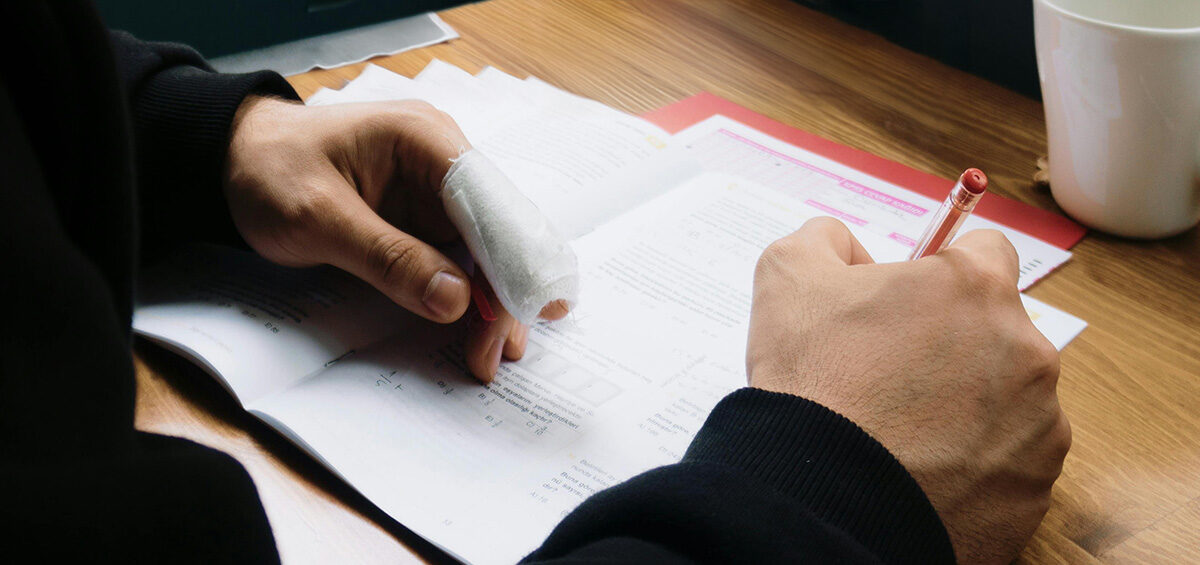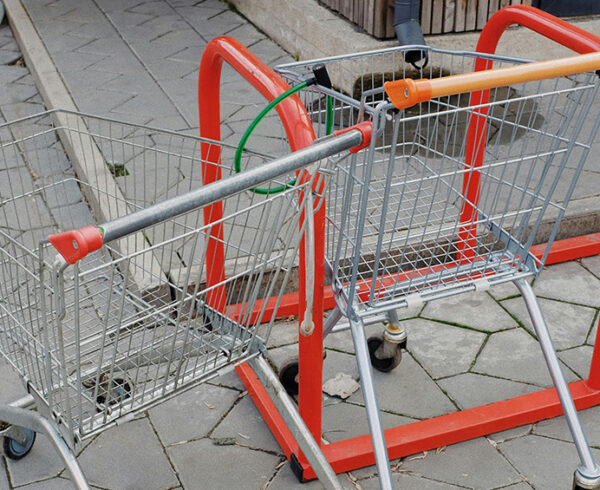Workplace accidents can happen anywhere, not just on construction sites, but even in quiet office environments. If you’ve been injured at work, it’s important to report it properly. This helps protect your health, your legal rights, and others around you. When they happen, it’s important to report them properly. Following the correct procedures not only helps ensure your safety but also protects your legal rights. In this blog, we’ll cover why reporting workplace accidents is so important, the immediate steps to take after an incident, and how thorough documentation can support any future claims or investigations.
Why Reporting Workplace Accidents Is Important
From minor slips, trips and falls to more serious injuries, all accidents at work must be reported correctly. Reporting an accident at work might seem like a formality, but it plays an important role in:
- Employee safety: Accident reports help identify hazards and prevent similar incidents in the future
- Maintaining legal compliance: Employers must report certain accidents and keep accurate records.
- Supporting injury claims: A formal report creates a clear record that may be vital if the injured employee makes a personal injury claim.
- Improving workplace practices: Reports can help employers improve risk assessments and health and safety policies.
Ignoring or failing to report an accident could have serious consequences for employees and employers.
For employers, non-compliance with the Reporting of Injuries, Diseases and Dangerous Occurrences Regulations (RIDDOR) can lead to legal penalties, including fines of up to £20,000 and potential prosecution. Additionally, failure to report serious incidents may result in investigations by the Health and Safety Executive (HSE), further exposing the business to legal and financial risks.
For employees, failing to report an accident can also affect an employee’s ability to claim compensation or statutory benefits. Citizens Advice explains the importance of recording workplace accidents properly.
What Are Your Legal Rights and Responsibilities?
In the UK, workplace accident reporting is governed by:
1. The Reporting of Injuries, Diseases and Dangerous Occurrences Regulations 2013 (RIDDOR)
RIDDOR places a legal duty on employers, self-employed individuals, and those in control of work premises to report certain work-related incidents to the Health and Safety Executive (HSE) or relevant local authority.
Under RIDDOR, the following incidents must be reported:
- Deaths
- Specified injuries (e.g. fractures, amputations, serious burns)
- Over-seven-day absences due to injury
- Occupational diseases (e.g. carpal tunnel syndrome, dermatitis)
- Dangerous occurrences (near misses that could have caused serious harm)
- Injuries to members of the public requiring hospital treatment
In most cases, reports must be submitted within 10 days, so it’s important to act quickly.
2. Health and Safety at Work etc. Act 1974
This overarching legislation places a duty of care on employers to ensure, as far as is reasonably practicable, the health, safety, and welfare of their employees at work. This includes having clear reporting procedures for accidents.
How to Report an Accident at Work
Step 1: Get Medical Attention
Your health comes first. Get first aid or medical help immediately, even for minor injuries, as symptoms can worsen.
Step 2: Notify a Supervisor or Manager
Inform your line manager or supervisor about the accident as soon as possible. Verbal reports should be followed by a written record.
Step 3: Record the Accident in the Accident Book
Most workplaces are required to keep an accident book under the Social Security (Claims and Payments) Regulations 1979. This book should include:
- The injured person’s name and contact details
- Date, time, and location of the accident
- Description of the incident and injuries sustained
- Names of any witnesses
- Action taken following the incident
Keeping a written record protects both you and your employer.
Step 4: Report to the HSE (if applicable)
If the incident falls under RIDDOR, it must be reported to the HSE or local authority using their online system or telephone service. A record of the RIDDOR report should be kept.
What Happens After an Accident is Reported?
1. Investigation
The employer should carry out a thorough investigation into what happened, why it happened, and what measures can prevent it from recurring. This may involve:
- Speaking to witnesses
- Reviewing CCTV footage
- Examining the scene
- Checking maintenance logs or safety procedures
2. Corrective Action
Depending on the findings, the employer may:
- Improve safety protocols
- Repair or replace faulty equipment
- Provide additional training
- Update risk assessments
3. Insurance Notification
Employers should inform their liability insurance provider if there’s a chance the injured party may make a compensation claim.
4. Legal Claim (Optional)
If the accident was caused by negligence, such as poor training, unsafe equipment, or lack of PPE, the injured employee may wish to pursue a personal injury claim against the employer. A record of the accident report will be crucial in this case.
Can I Be Dismissed for Reporting an Accident?
No. It is unlawful for an employer to dismiss or penalise an employee for reporting a workplace injury or accident. Employees are protected by whistleblower laws and the Employment Rights Act 1996. If you’re dismissed after reporting a workplace accident, you may be able to challenge the decision. According to ACAS, employees have the right to claim for unfair dismissal if the termination was unjust or related to asserting a legal right.
Common Mistakes to Avoid
- Failing to report minor injuries – They could develop into more serious conditions.
- Delaying the report – Prompt reporting improves accuracy and compliance.
- Not including witnesses, Statements can help verify what happened.
- Incomplete documentation – Provide full, factual details in the accident book.
When to Seek Legal Advice
If you’ve suffered a workplace injury that wasn’t your fault, and you’re unsure about your rights or how to make a compensation claim, it’s a good idea to speak to a specialist solicitor. Legal professionals can help:
- Determine if your employer was negligent
- Gather evidence to support your claim.
- Handle any conversations with your employer or their insurer, so you don’t have to.
- Ensure you receive the compensation you’re entitled to
To get an idea of how much compensation you could be entitled to, see examples of accident at work compensation payouts handled by CEL Solicitors.
Why Choose CEL Solicitors for Your Workplace Accident Claim?
Reporting accidents at work is not just a matter of policy – it’s a legal requirement and an important part of maintaining a safe, supportive working environment. Both employers and employees play a role in making sure incidents are reported quickly and accurately.
If you’ve been injured due to negligence in the workplace, CEL Solicitors can help.
Our experienced team specialises in accident at work claims and will guide you through every step of the process, from gathering evidence to securing the compensation you deserve. We’re here to stand up for your rights and make sure your voice is heard. You don’t have to go through this alone. Don’t suffer in silence. Contact CEL Solicitors today for expert advice and support.
We work on a no-win, no-fee basis — so you won’t pay a penny unless we win your case. Call 0333 920 2733 or check if you are eligible now.













